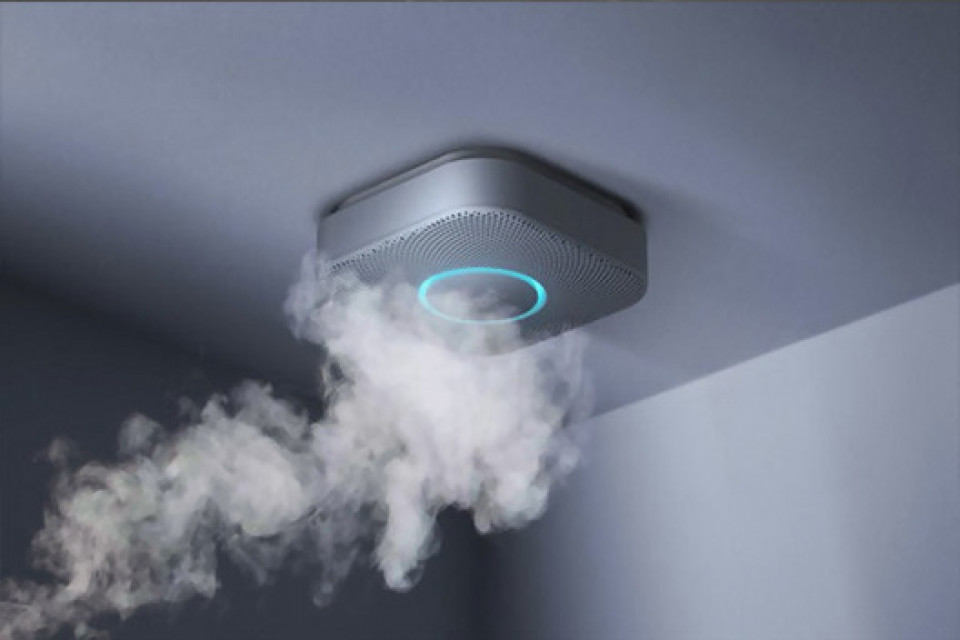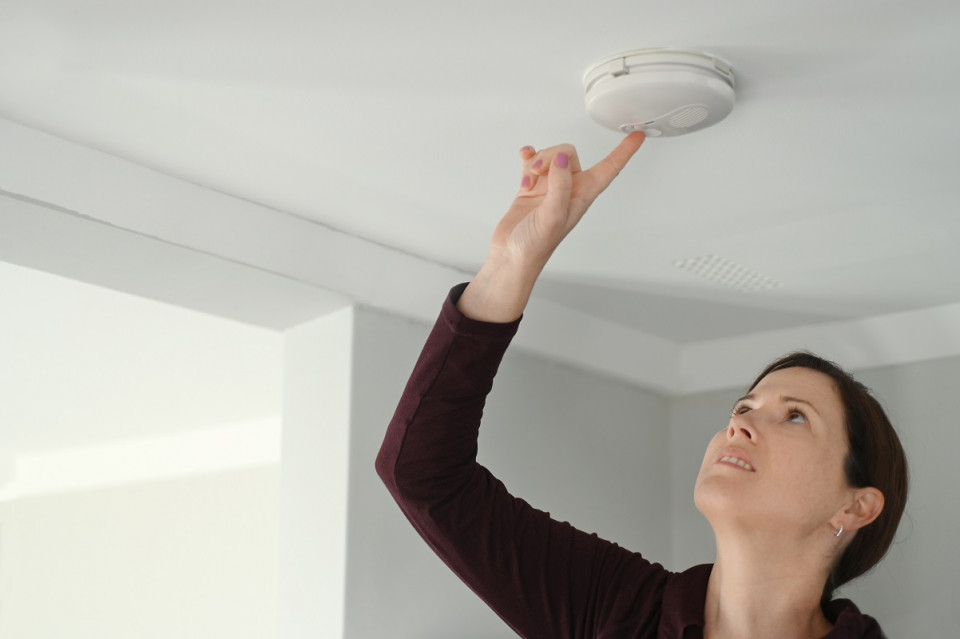Smart Fire Alarms vs Traditional Fire Alarms: What's the difference?

Fire safety is one of the most important concerns for homeowners and building managers, and the right fire alarm system can make all the difference in protecting lives and property. Traditional fire alarms have been in use for decades, but in recent years, smart fire alarms have emerged as a new and improved option. But what is the difference between these two types of fire alarms? In this post, we will explore the key differences between smart fire alarms and traditional fire alarms, and help you understand which one might be the best choice for your home or business.
Smart Fire Alarms Vs Traditional Fire Alarms: 6 points of differences

source : getowlhome.com
When it comes to fire safety, every second counts and the right fire alarm system can mean the difference between life and death. Smart fire alarms and traditional fire alarms both serve the same basic purpose - to detect and alert occupants to the presence of a fire - but they differ in several key ways. Here are six points of difference between smart fire alarms and traditional fire alarms:
1. Connectivity

source : littlewoods.com
One of the biggest differences between smart fire alarms and traditional fire alarms is connectivity. Smart fire alarms are connected to a network, allowing them to communicate with other devices and sensors throughout the building. This connectivity allows smart fire alarms to provide more detailed information about the location and severity of a fire, and can also allow them to trigger other safety systems, such as automatic sprinklers.
2. Monitoring

source : optonautomations.com
Smart fire alarms are typically monitored by a professional monitoring service, which can alert emergency responders in the event of a fire. Traditional fire alarms, on the other hand, rely on occupants to call 911 or another emergency service. This means that smart fire alarms can provide an extra layer of protection, especially in cases where occupants may not be able to call for help themselves.
3. Remote access

source : getowlhome.com
Smart fire alarms can be accessed remotely through a smartphone app or web interface, allowing users to monitor the status of their fire alarm system from anywhere. This can be especially useful for building managers or homeowners who are frequently away from the property, as they can receive alerts and notifications about any potential fire hazards.
4. Self-Testing

source : viphomelink.com
Smart fire alarms can perform self-tests to ensure that they are working properly. This can help to catch any malfunctions or issues early on before they become a major problem. Traditional fire alarms, on the other hand, require manual testing to ensure that they are functioning correctly.
5. Integration with Smart Home systems

source : optonautomations.com
Smart fire alarms can be integrated with other smart home systems, such as security cameras or smart locks. This can provide an added layer of protection and convenience, allowing users to monitor and control multiple aspects of their home or building from a single device.
6. Cost
Smart fire alarms are generally more expensive than traditional fire alarms, due to their advanced features and connectivity. However, the added protection and convenience that they provide may be worth the extra cost for some users.
By understanding the key differences between smart fire alarms and traditional fire alarms, you can make an informed decision about which option is best for your specific needs and situation.
With advanced features such as network connectivity, remote access, self-testing, and integration with smart home systems, Owl Home's smart fire alarms offer superior performance and reliability compared to traditional fire alarms. Don't wait until it's too late – visit https://getowlhome.com/ to learn more and get your smart fire alarm today.






